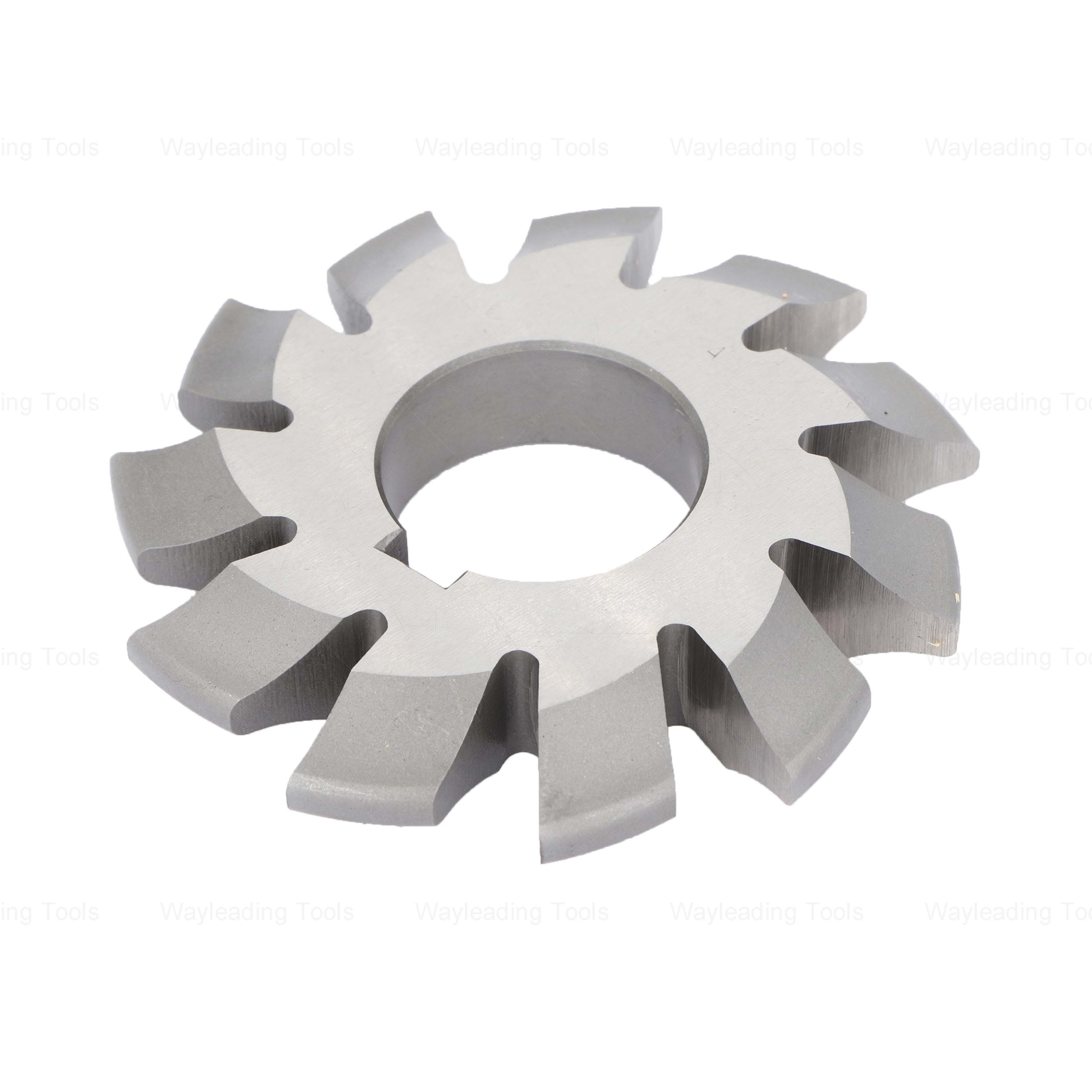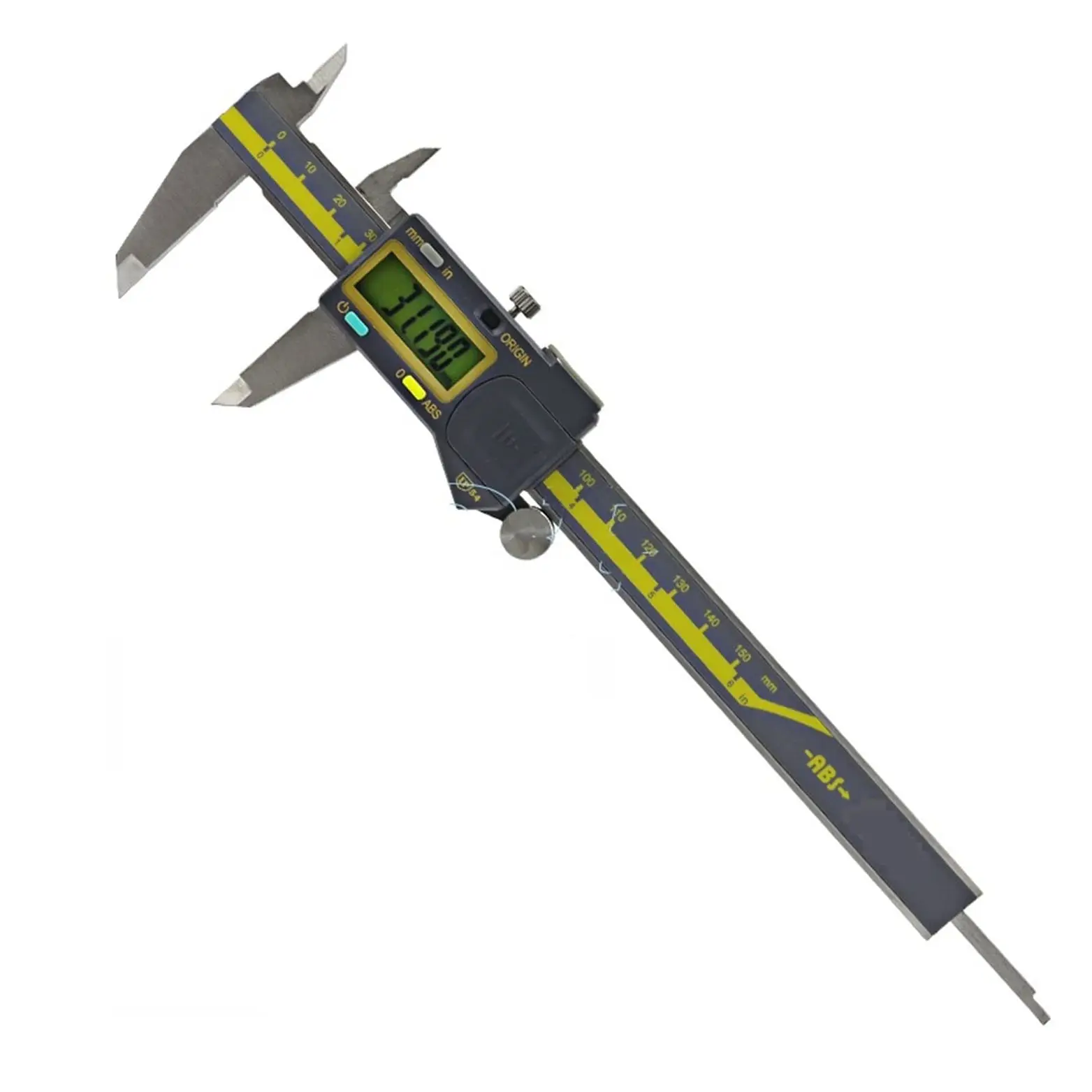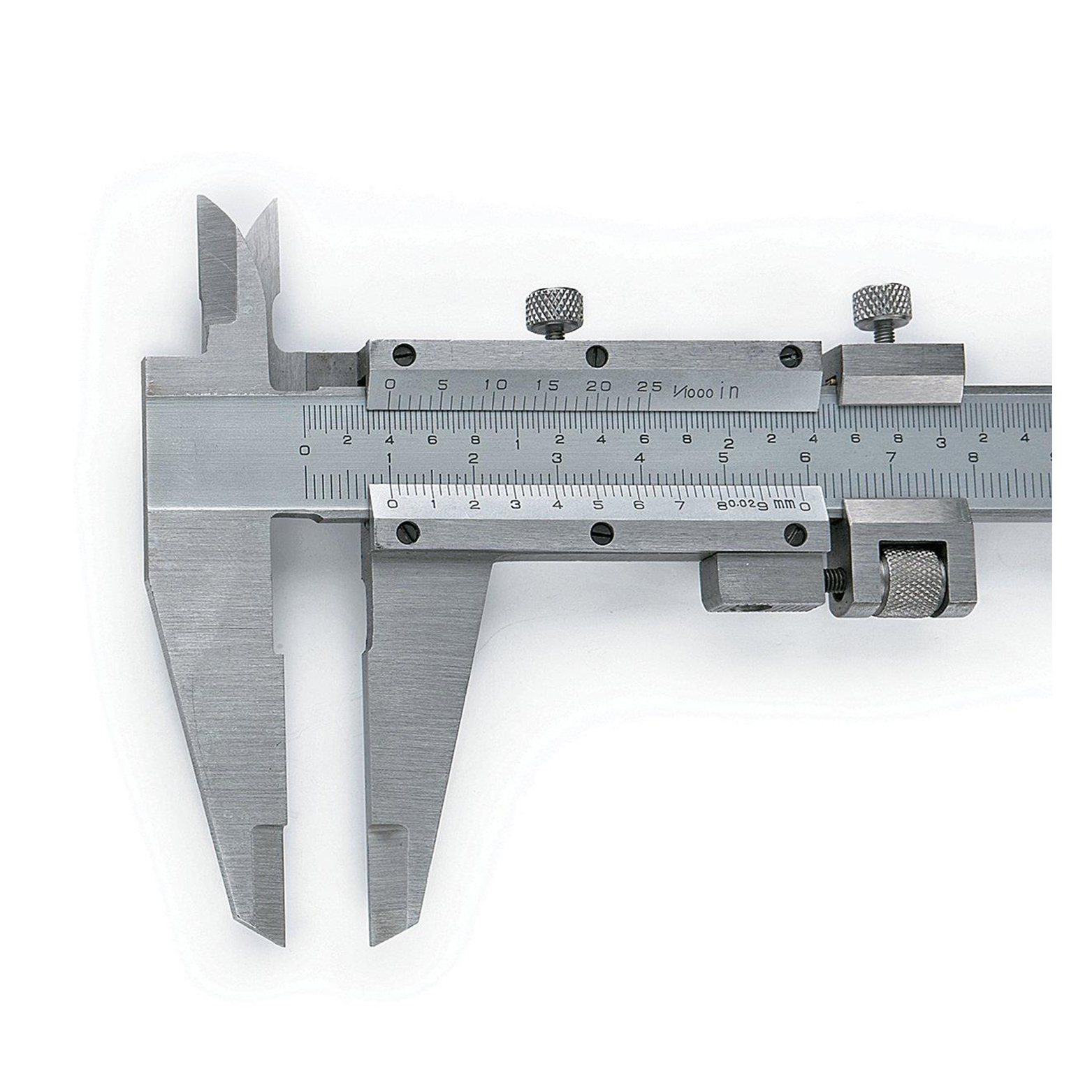ACME threading insert Manufacturers
Navigating the world of ACME threading insert manufacturers can be complex. This guide simplifies the process by providing an in-depth look at what to consider when selecting a manufacturer, the different types of inserts available, and key factors that impact performance and cost-effectiveness. Learn about material choices, coating options, and industry standards to make informed decisions.
Understanding ACME Threading Inserts
ACME threading inserts are crucial components used in machining processes to create ACME threads. These threads, known for their trapezoidal shape, are commonly found in lead screws, jacks, and other applications where smooth and efficient power transmission is required. Selecting the right insert is critical for achieving accurate and durable threads.
What are ACME Threads?
ACME threads are trapezoidal screw threads used for power transmission. They are stronger and more efficient than square threads, making them ideal for applications requiring high loads and precise movement. ACME threading inserts are designed to create these threads on a variety of materials.
Types of ACME Threading Inserts
ACME threading inserts come in various types, each suited for specific applications and materials. Common types include:
- External Threading Inserts: Used for creating threads on the outside of a workpiece.
- Internal Threading Inserts: Designed for threading the inside of a hole.
- Full Profile Inserts: Create a complete thread form in a single pass.
- Partial Profile Inserts: Require multiple passes to achieve the desired thread form.
Key Considerations When Choosing a Manufacturer
Selecting the right ACME threading insert manufacturer is vital for ensuring the quality and performance of your threaded components. Here are several factors to consider:
Quality and Precision
The quality of ACME threading inserts directly impacts the accuracy and durability of the threads they produce. Look for manufacturers with a proven track record of producing high-precision inserts. Certifications like ISO 9001 can indicate a commitment to quality management.
Material Options
The material of the insert should be compatible with the material being threaded. Common materials for ACME threading inserts include:
- Carbide: Offers excellent wear resistance and is suitable for a wide range of materials, including steel, stainless steel, and cast iron.
- High-Speed Steel (HSS): A cost-effective option for threading softer materials like aluminum and brass.
- Cermet: Provides a good balance of wear resistance and toughness, suitable for high-speed threading applications.
Coating Options
Coatings enhance the performance and lifespan of ACME threading inserts. Common coating options include:
- Titanium Nitride (TiN): Improves wear resistance and reduces friction.
- Titanium Carbonitride (TiCN): Offers increased hardness and abrasion resistance.
- Aluminum Titanium Nitride (AlTiN): Provides excellent heat resistance and is ideal for high-speed machining.
Customization Capabilities
Some applications require custom ACME threading inserts tailored to specific thread sizes or profiles. Choose a manufacturer that offers customization services and can meet your unique requirements. Wayleading Tools offers custom tooling solutions. Contact them to see how they can help.
Lead Time and Delivery
Consider the manufacturer's lead time and delivery capabilities. A reliable manufacturer should be able to deliver inserts on time to avoid production delays.
Cost-Effectiveness
While quality is paramount, cost is also a significant consideration. Compare prices from different manufacturers and assess the overall value, considering factors like insert life, performance, and customer service. Remember to factor in the cost of potential downtime caused by using lower quality inserts.
Top ACME Threading Insert Manufacturers
While a comprehensive list is beyond the scope of this article, here are a few reputable ACME threading insert manufacturers to consider:
- Carmex Precision Tools: Known for their high-quality threading inserts and innovative designs.
- Walter Tools: Offers a wide range of threading solutions for various applications.
- Sandvik Coromant: A global leader in cutting tools, including ACME threading inserts.
- Iscar: Provides innovative threading solutions and a wide selection of inserts.
Troubleshooting Common Threading Problems
Even with the right ACME threading insert, problems can arise during the threading process. Here are some common issues and how to address them:
Poor Thread Finish
A poor thread finish can be caused by several factors, including:
- Incorrect Cutting Speed: Adjust the cutting speed according to the material and insert specifications.
- Insufficient Lubrication: Use a high-quality cutting fluid to reduce friction and heat.
- Worn Insert: Replace the insert if it is worn or damaged.
Chatter
Chatter can occur due to:
- Inadequate Machine Rigidity: Ensure the machine is stable and vibration-free.
- Excessive Tool Overhang: Minimize tool overhang to reduce vibration.
- Incorrect Cutting Parameters: Adjust the cutting speed, feed rate, and depth of cut.
Thread Size Inaccuracy
Inaccurate thread size can result from:
- Incorrect Insert Selection: Verify that the insert matches the desired thread size and pitch.
- Machine Calibration Issues: Ensure the machine is properly calibrated.
- Tool Wear: Replace worn inserts to maintain accuracy.
Industry Standards for ACME Threading Inserts
ACME threading inserts are manufactured to meet various industry standards, ensuring interchangeability and quality. Key standards include:
- ANSI/ASME B1.5 - 1997: ACME Screw Threads
- ISO 2901:2013: ISO metric trapezoidal screw threads - General plan
- DIN 103: Trapezoidal threads; nominal dimensions
Conclusion
Choosing the right ACME threading insert and manufacturer is crucial for achieving high-quality, accurate, and durable threads. By considering factors like material, coating, customization options, and cost-effectiveness, you can make informed decisions and optimize your threading operations. Remember to troubleshoot common problems and adhere to industry standards to ensure consistent results. Always prioritize reputable manufacturers with a proven track record, like those with quality tooling from Wayleading Tools, to guarantee the best possible outcome.
*Disclaimer: Information provided is for general guidance only. Consult with tooling experts and refer to manufacturer specifications for specific applications.*
Related products
Related products
Best selling products
Best selling products-
 Precision 2pcs Angle Blocks Set With High Quality Type
Precision 2pcs Angle Blocks Set With High Quality Type -
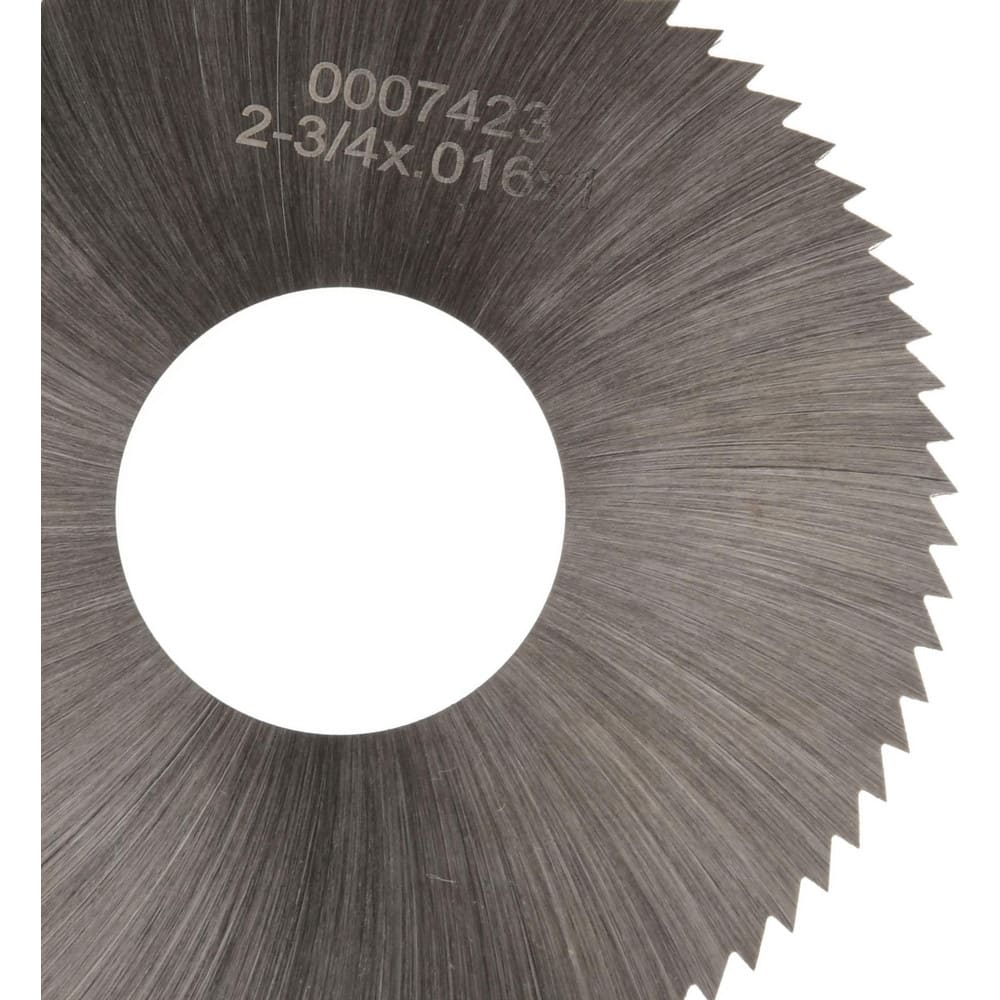 HSS Inch Plain Metal Slitting Saws For Industrial
HSS Inch Plain Metal Slitting Saws For Industrial -
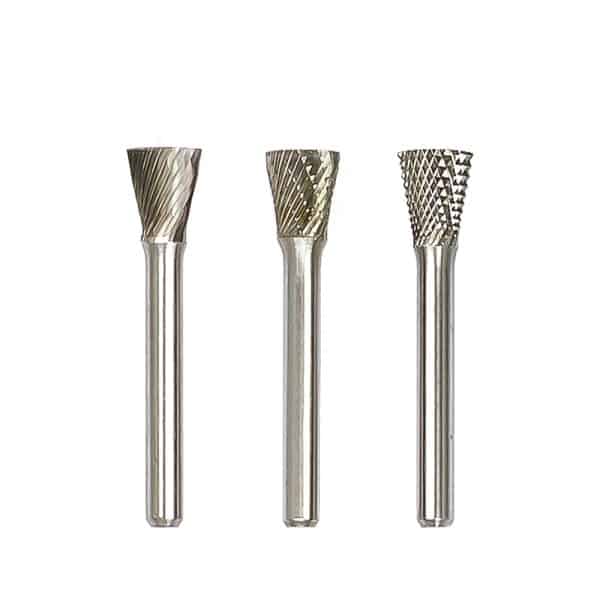 Type N Inverted Cone Tungsten Carbide Rotary Burr
Type N Inverted Cone Tungsten Carbide Rotary Burr -
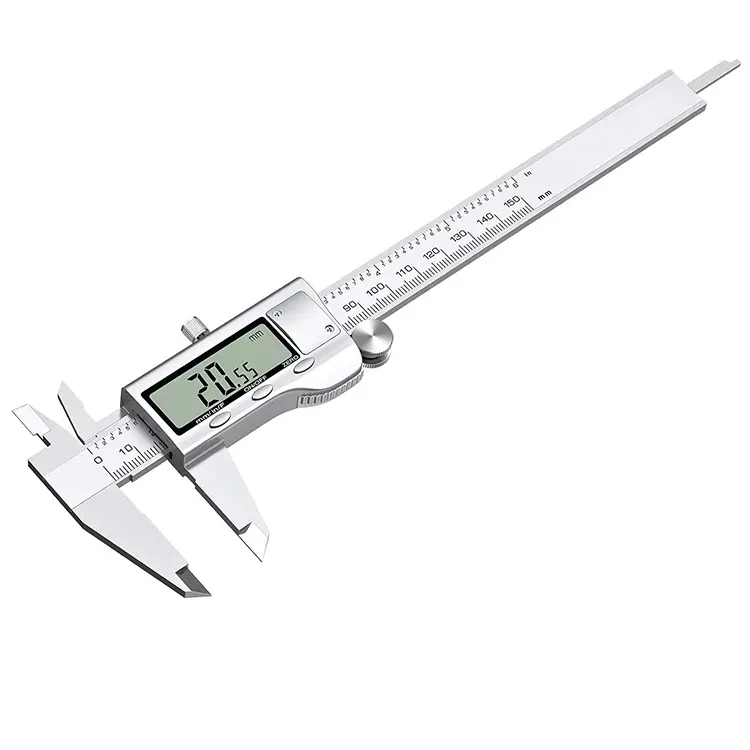 Precision Digital Caliper Of Metal Case For Industrial
Precision Digital Caliper Of Metal Case For Industrial -
 Electronic Digital Height Gauge From 300 to 2000mm
Electronic Digital Height Gauge From 300 to 2000mm -
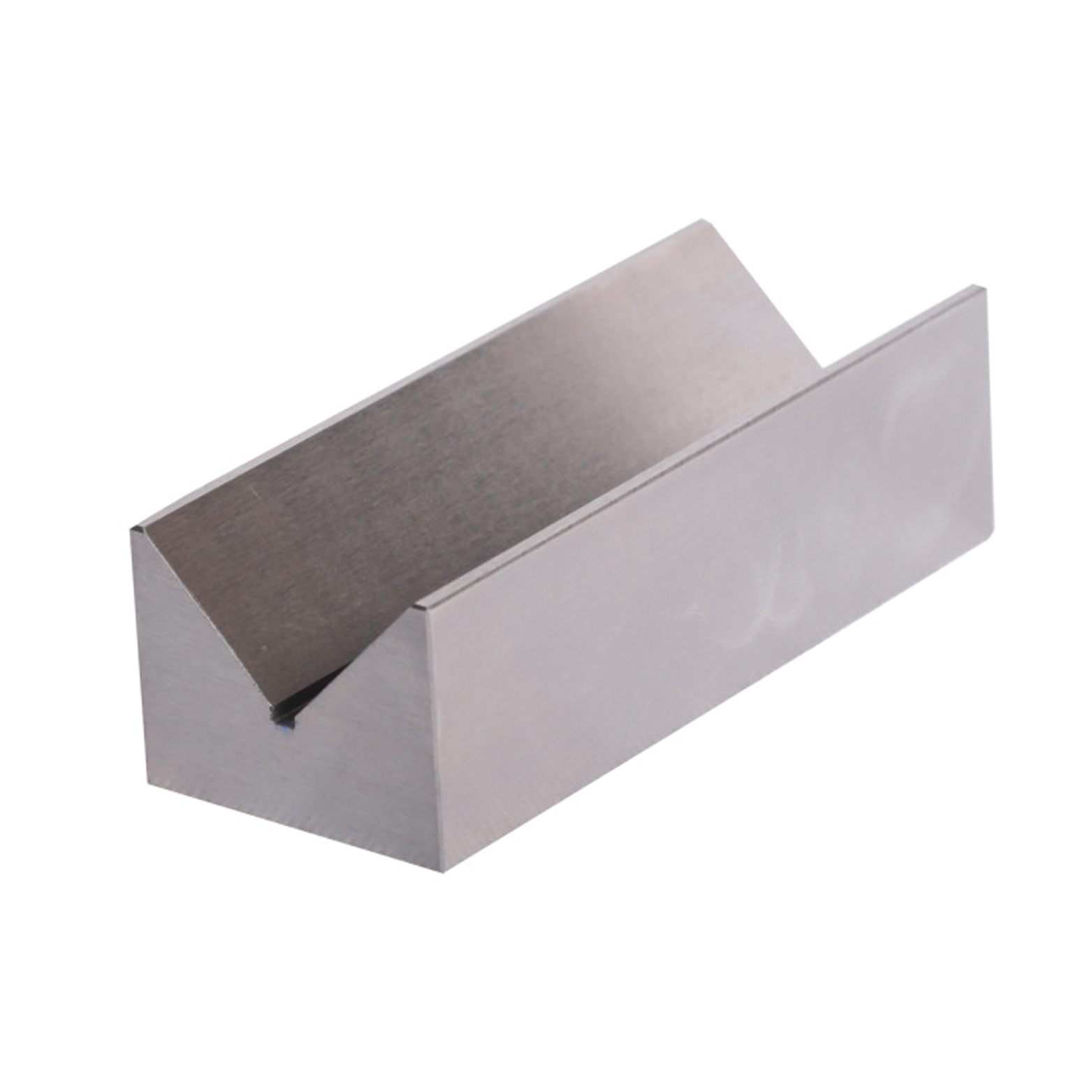 Precision V Block Set With Industrial Type
Precision V Block Set With Industrial Type -
 Type C Cylinder Ball Nose Tungsten Carbide Rotary Burr
Type C Cylinder Ball Nose Tungsten Carbide Rotary Burr -
 Precision Dustproof Dial Caliper Of Double Shock-Proof For Industrial
Precision Dustproof Dial Caliper Of Double Shock-Proof For Industrial -
 Single Wheel Knurling Tools With Straight Pattern For Industrial Type
Single Wheel Knurling Tools With Straight Pattern For Industrial Type -
 Precision Dial Test Indicator Holder For Industrial
Precision Dial Test Indicator Holder For Industrial -
 HSS Threading Taps – ISO 529, Straight Flute, Spiral Flute & Spiral Point
HSS Threading Taps – ISO 529, Straight Flute, Spiral Flute & Spiral Point -
 Precision Vernier Caliper Of Metric & Imperial For Industrial
Precision Vernier Caliper Of Metric & Imperial For Industrial




